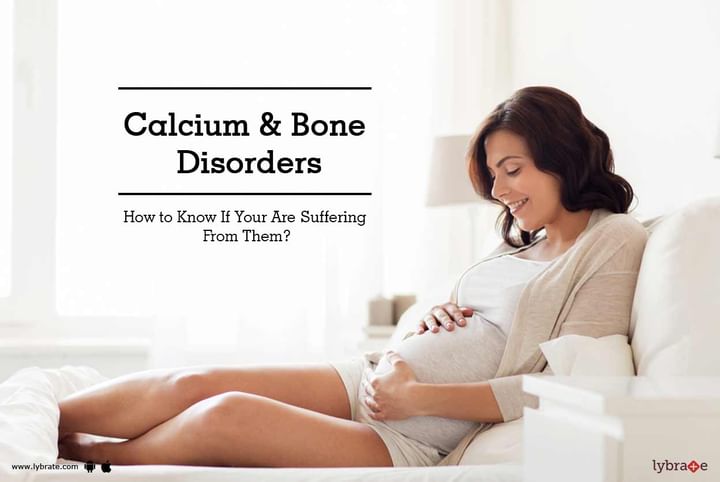Calcium & Bone Disorders - How to Know If Your Are Suffering From Them?
Pregnancy places a lot of demand on the expectant mother. While the emotional demands are not very evident, the physical ones are. The mother has to ensure that the developing baby gets all the required nutrients through her. Some of them are very critical, and not getting adequate amounts of these manifest as problems, which cannot be rectified later. Calcium supply and associated problems that may arise is one such example.
If there is a reduced supply of calcium and the bones and teeth are not formed properly, taking any amount of calcium is not going to correct the situation later, after delivery.
- The bones which are forming in the developing baby are dependent on the mother for adequate supply of calcium. It is common knowledge that calcium is an integral component of bones, teeth, and skeleton. Hypocalcemia, which is a condition where there is reduced amounts of calcium in the body, can be quite severe during pregnancy.
- In addition to the growing baby’s needs, calcium also plays a vital role in the pregnant mother for muscular contractions, nerve conduction, hormone secretion, and blood clotting. So adequate intake of calcium during pregnancy is essential.
Now, the question arises as to how much calcium is good enough. For a normal female, about 1000 mg of calcium is required on a daily basis. This goes up by another 200 to 300 mg for a pregnant woman, especially during the third trimester when the bone and teeth formation is in full speed. This extra amount of calcium should be continued even after pregnancy, as calcium continues to be provided to the baby during the lactation phase.
Some of the symptoms of reduced calcium intake during pregnancy are aching muscles, brittle nails, weakened bones, severe cramping, and dry skin. If there is suspected hypocalcemia, it is best to seek medical advice. It is not advisable to take supplements without medical supervision. Increased amounts of calcium can produce a different set of symptoms.
While these are evident symptoms, there are other detrimental effects on the baby too. Calcium deficiency affects development of heart and associated structures and puts the newborn at a higher risk of developing hypertension. The baby’s fat percentage and triglycerides are also increased. The bone mineral density is reduced. The delivery period could be prolonged, as muscular contractions and nerve conduction are severely impacted when there is less calcium in the system. Recovery from labor is also delayed.
It is possible that you are taking adequate amounts of calcium, but its absorption is affected. Reducing caffeine intake helps in better absorption of calcium. Iron, which is often given during pregnancy, prevents calcium absorption and so needs to be spaced out. In case you have a concern or query you can always consult an expert & get answers to your questions!



+1.svg)
